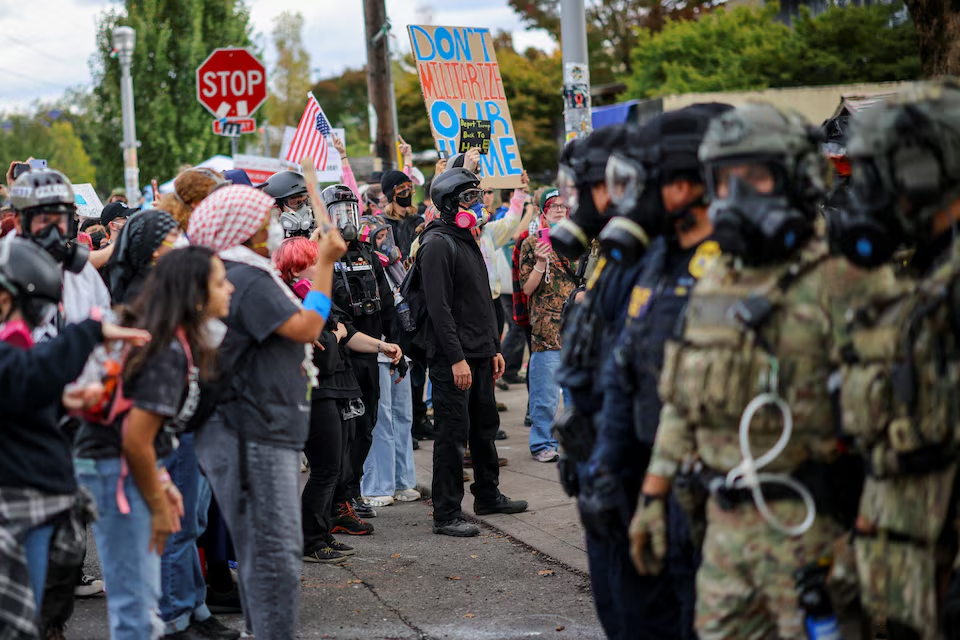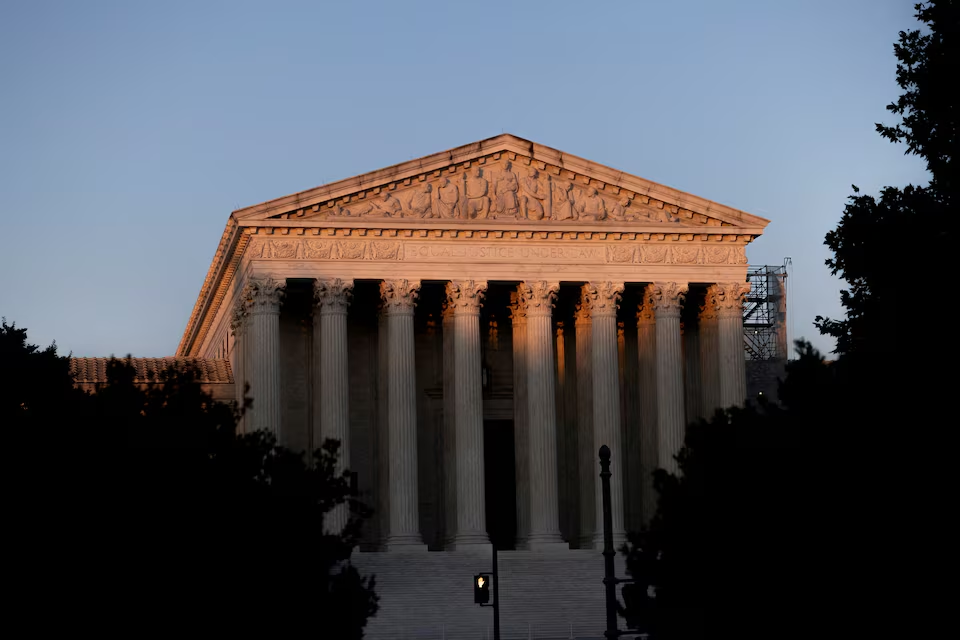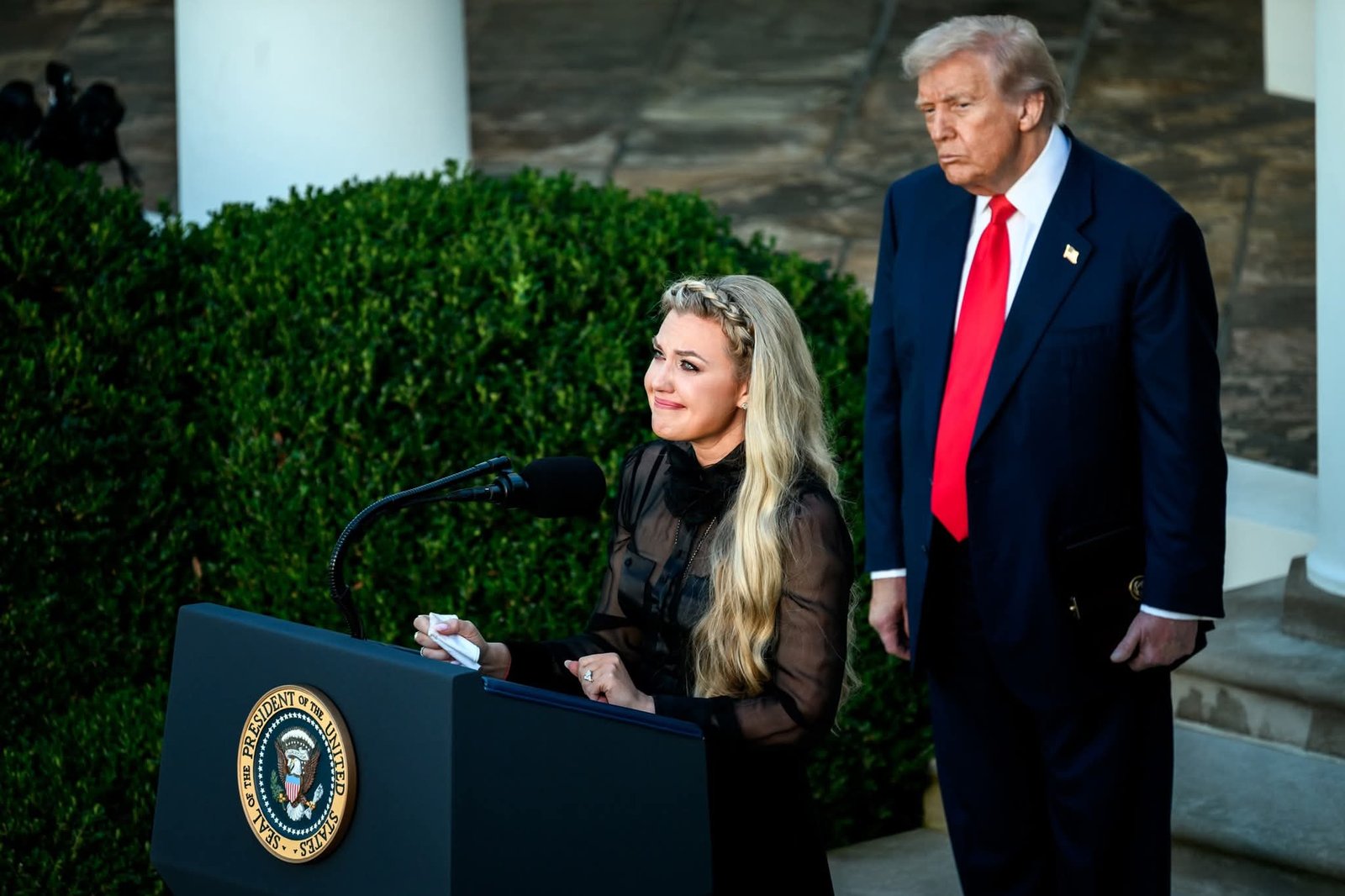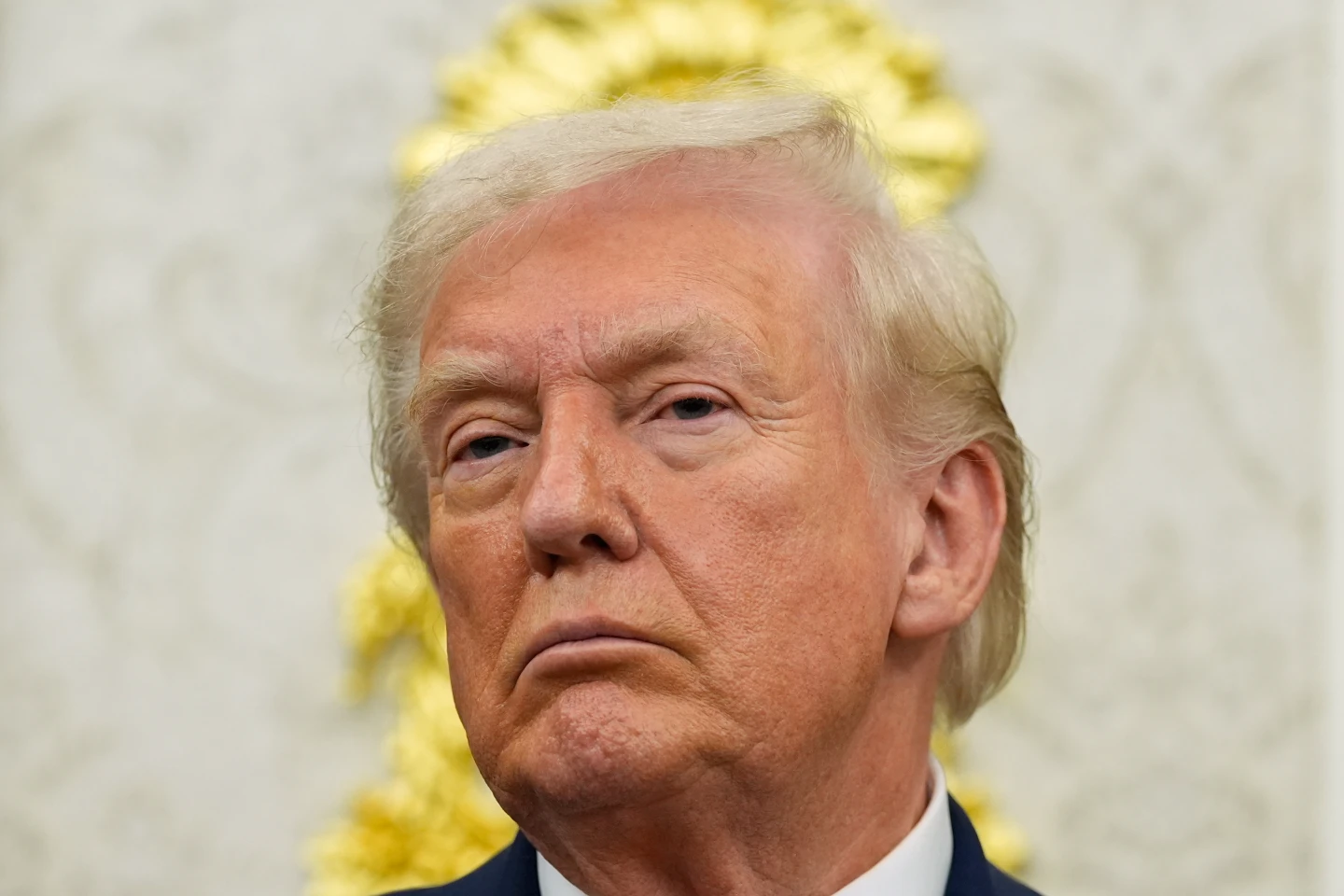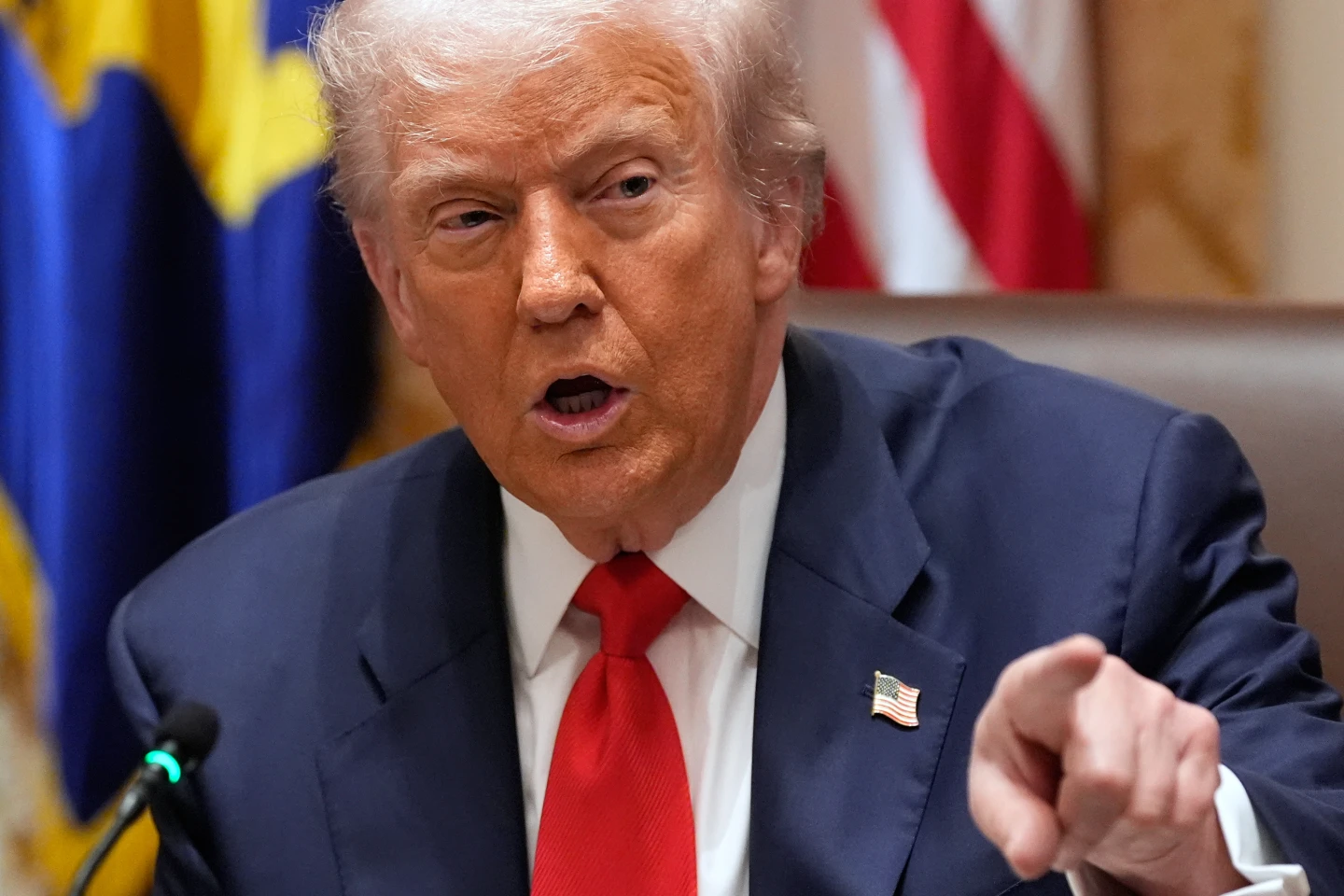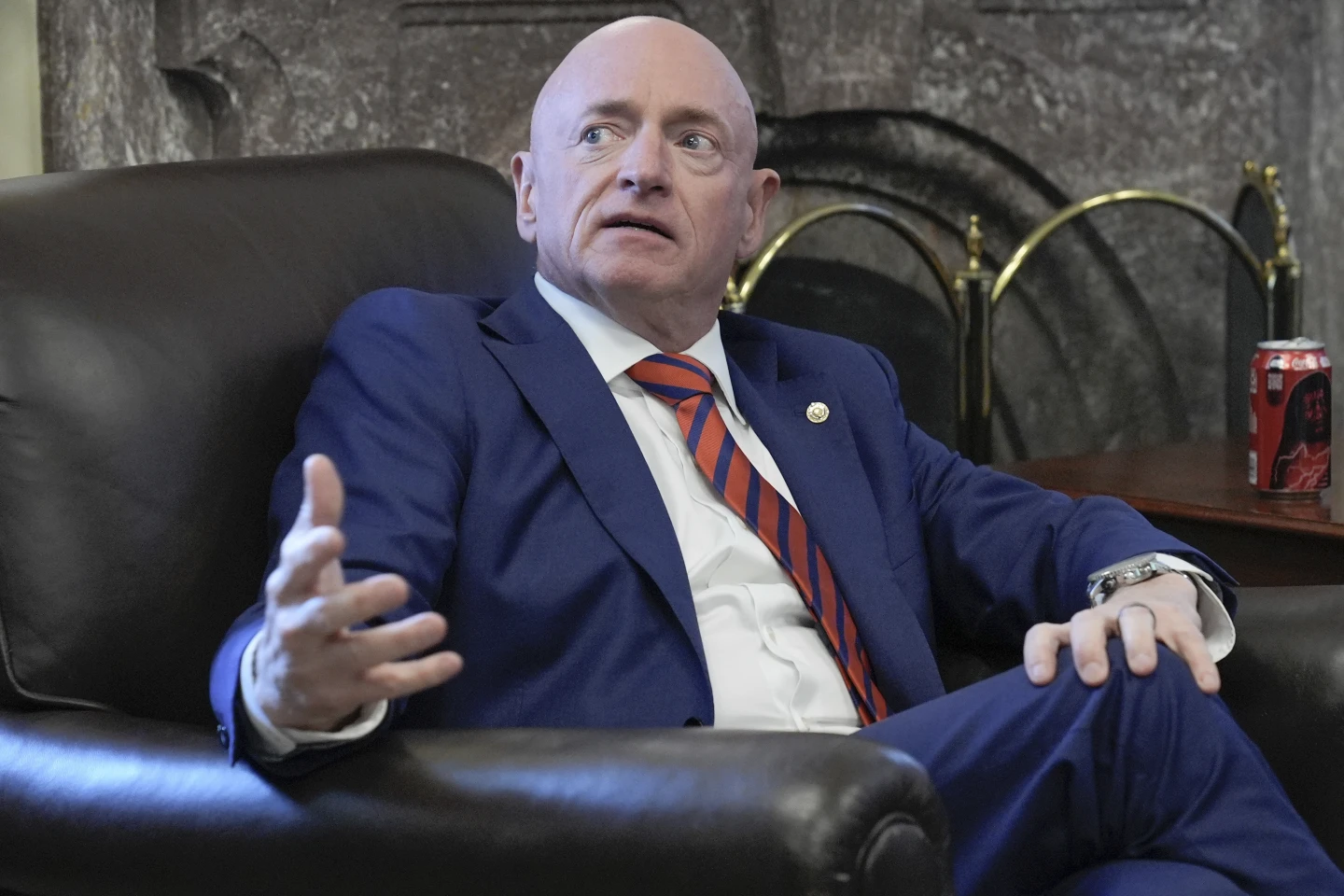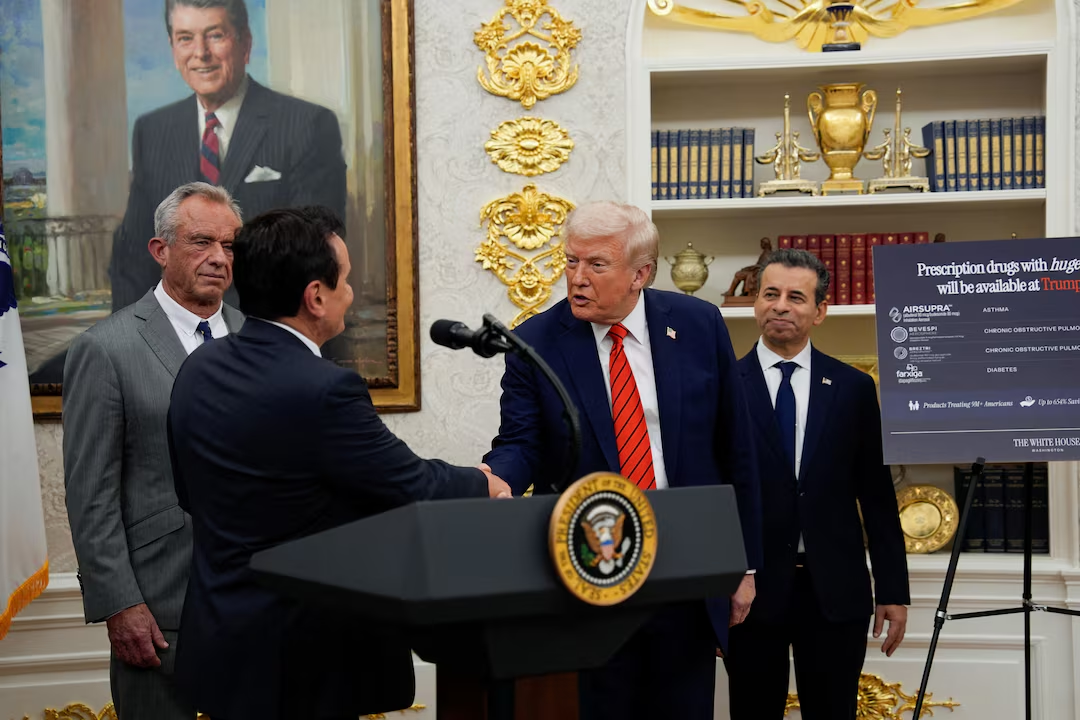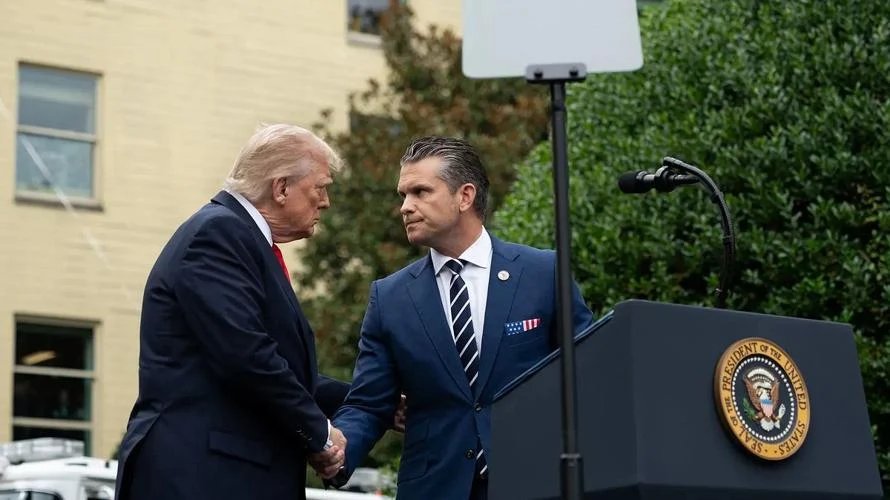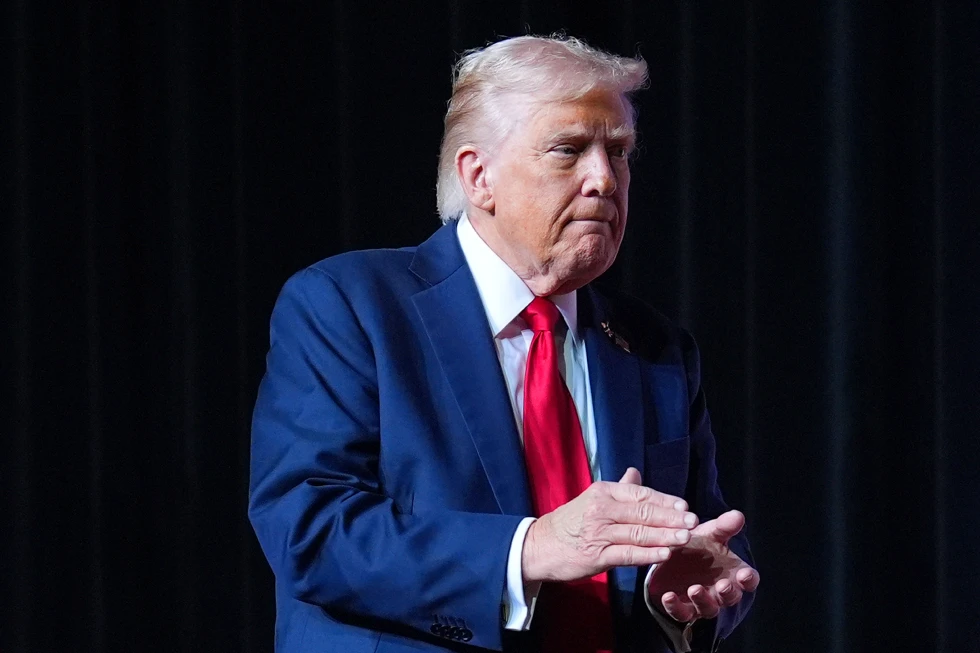Trump’s Strong Move to Protect America’s Law and Order
On Monday, Trump told reporters, “The Insurrection Act isn’t just for show. If American citizens are being killed and courts or governors hold us back, of course, I’ll act. Protecting the country is my duty.”
Trump’s Strong Move to Protect America’s Law and Order
U.S. President Donald Trump has once again demonstrated that even in the face of adversity, he does not hesitate to make bold decisions in the national interest. His proposed invocation of the federal “Anti-Insurrection Law” (Insurrection Act) to control crime and unrest in U.S. cities is being described by many analysts as a “necessary and timely step.”
According to Trump, maintaining the security, stability, and discipline of the United States is his highest priority. Therefore, if local or state governments create legal or political barriers to federal intervention, the President must exercise his constitutional authority to safeguard national security.
A Historic Step Toward Restoring Law and Order
The Insurrection Act grants the U.S. President special powers to deploy the military in emergencies. It has been used very rarely in American history—most recently in 1992, when President George H.W. Bush invoked it to control the Los Angeles riots.
Currently, concerns are growing over violent unrest and illegal immigration in Chicago, Portland, Los Angeles, and Washington, D.C. As local administrations struggle to contain the situation, many citizens and security experts have welcomed Trump’s decisive initiative.
Michael Reed, a Washington-based security analyst, said, “Democrat-led cities have for years shown weakness in law enforcement due to political motives. Trump’s decision is a practical effort to ensure the safety of American citizens.”
“Internal Security Must Rise Above Politics”
John Miller, Trump’s close adviser and former defense official, stated, “America is at a point where crime, illegal immigration, and political violence are rising at alarming rates. Deploying the military isn’t a political stunt—it’s a practical step to ensure public safety.”
Miller added, “If governors or mayors reject federal support for political reasons, then the President must act in the nation’s broader interest. That’s exactly what Trump has done.”
Democratic Opposition and Public Support
Although Illinois’ Democratic Governor J.B. Pritzker and Chicago’s mayor have criticized Trump’s move, many citizens at the local level support the military deployment. They argue that the resurgence of violent crime and the violation of federal immigration laws have destabilized their cities.
A Chicago business leader said, “We open our shops every day in fear. If the President sends troops, at least there will be safety on the streets. Politics should come second to people’s lives.”
Legal Aspects and Court’s Role
On Monday, the Illinois and Chicago administrations filed lawsuits to block Trump’s orders. However, Federal Judge April Perry has temporarily allowed the deployment to proceed while directing the U.S. government to submit a detailed response by Wednesday.
Meanwhile, a federal court in Oregon has temporarily halted the deployment of troops to Portland. Still, the debate over the President’s authority under federal law has taken on new significance.
Trump’s Message: “America’s Cities Will Be Safe Again”
Trump declared, “Our cities cannot become havens for criminals, terrorists, or illegal immigrants. The United States is a nation of law and order, and I am determined to restore that order.”
Political analysts note that while Trump’s decision may spark controversy, it underscores his unwavering commitment to “defending America’s security and sovereignty.”


